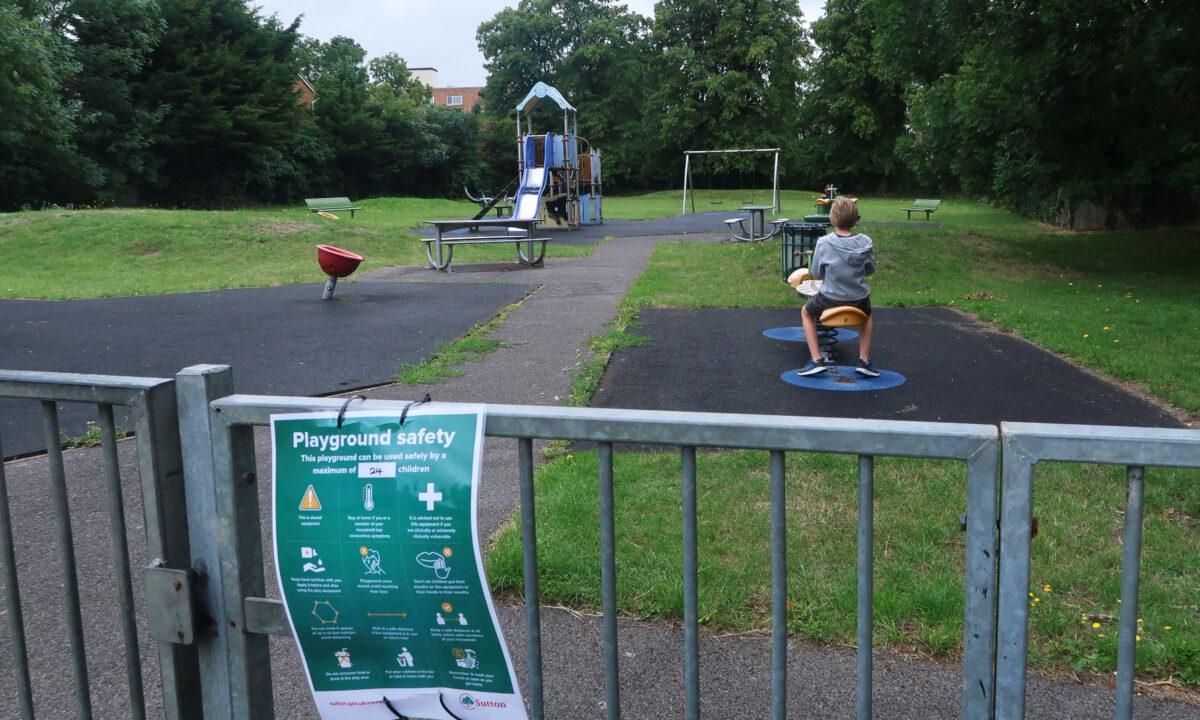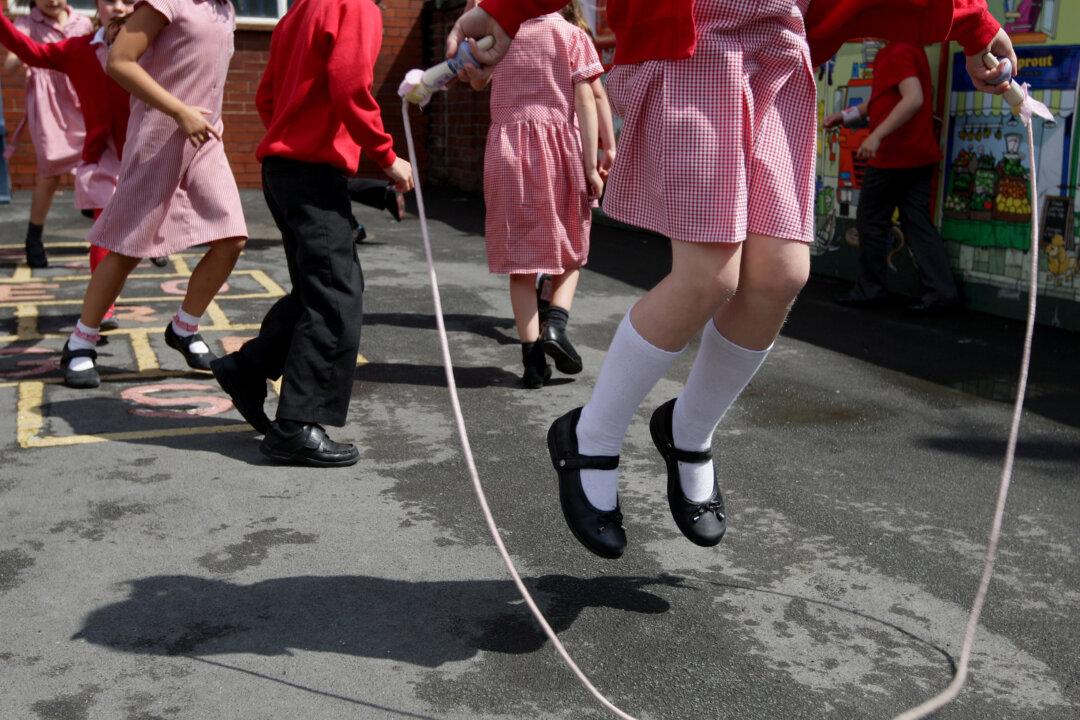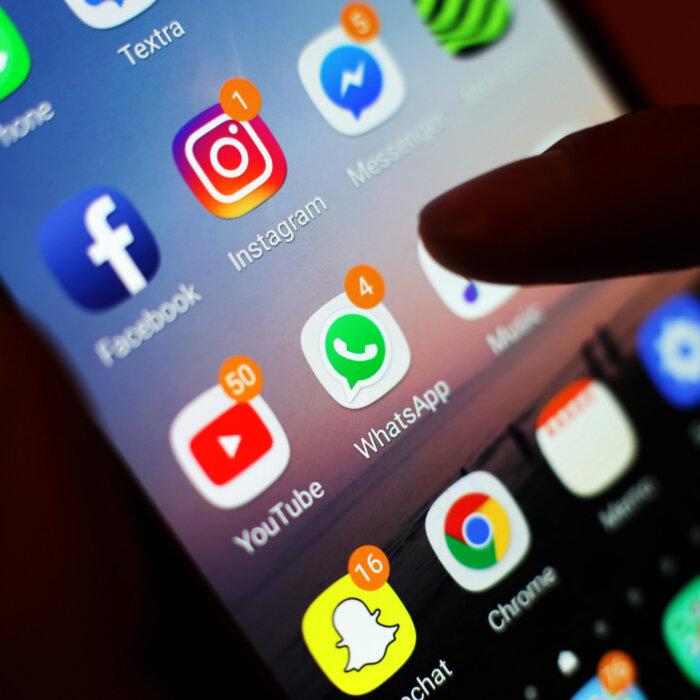Campaigners have warned that modern childhood has become increasingly solitary and screen-dependent, calling on the government to create child-friendly playful neighbourhoods.
Over half (55 percent) of parents believe their youngest child plays outside less than they did, while three-quarters (75 percent) say society is less accepting of children playing out than in their own childhood.
“Play is a crucial and innate part of childhood. Play is how children explore who they are, how they relate to others, and how they make sense of the world. It is one of the most powerful tools we have to boost children’s physical activity, wellbeing, and confidence. Yet as this report shows, in England we’ve made it incredibly hard for children to play,” said commission Chair Paul Lindley.
Following a year-long independent inquiry, the report said that rising traffic, parental safety concerns, and the disappearance of parks and youth centres have sharply curtailed children’s freedom to play outside.
Key recommendations include the removal of “No Ball Games” signs, reduced traffic in residential areas, and the redesign of neighbourhoods to foster child-friendly environments.
There is also a push for more mobile and accessible play facilities such as play buses and toy libraries.
Freedom to Play Outside
Campaigners for children’s freedom to play outside Playing Out found that play street sessions positively impacted children’s social confidence, mental health, and physical health.A survey by the group last year revealed the growing popularity of the UK play streets movement, which involves road closures organised by neighbourhoods in order to create a safe space for children to play outside.
Since starting on a single street in Bristol in 2009, the idea has now spread to over 1,500 street communities nationwide.
The Raising the Nation Play Commission’s report didn’t stop at playgrounds. It called for a shift in how play is valued within education and health care.
It urged the restoration of break times in schools and embedding play into the primary curriculum.
Schools would be required to develop their own play plans, with staff receiving high-quality training in play-based learning, the report said.

It also recommended a national pilot of “play-on-prescription,” and called for play to be included in the Department of Health’s 10-year strategy to tackle obesity and mental ill-health in young people.
“Too many of our children are spending their most precious years sedentary, doom-scrolling on their phones and often alone.
Digital Detox
While the commission recognised that digital play can be positive, it criticised the unchecked addictive design of many digital products aimed at children. The report recommended raising the digital age of consent to 16 and prohibiting addictive design features like endless scrolls and streaks in children’s apps.It also called for government-endorsed health warnings on apps and a national digital detox campaign.
“The Government’s National Play Strategy should include a specific commitment to a step-change in the quantity and quality of children’s use of digital devices,” said the report.
Government Measures
Technology Secretary Pete Kyle has said the government is looking at ways to limit how much time children spend on their phones.One idea being considered is an “app cap,” which could include a 10 p.m. curfew on phone use.
The move is part of wider efforts to encourage more outdoor play and reduce screen time.
A government spokesperson said, “We recognise the vital importance of play and access to nature as part of children’s development and wellbeing as we strive to create the healthiest and happiest generation of children ever.”
The government says it is already helping through its Plan for Change, which includes turning schoolyards into green spaces, investing £100 million in grassroots sports, and improving access to after-school activities.
Schools already have the power to ban phones, and most do. From July, new rules under the Online Safety Act will also force social media companies to protect children from harmful content online.







